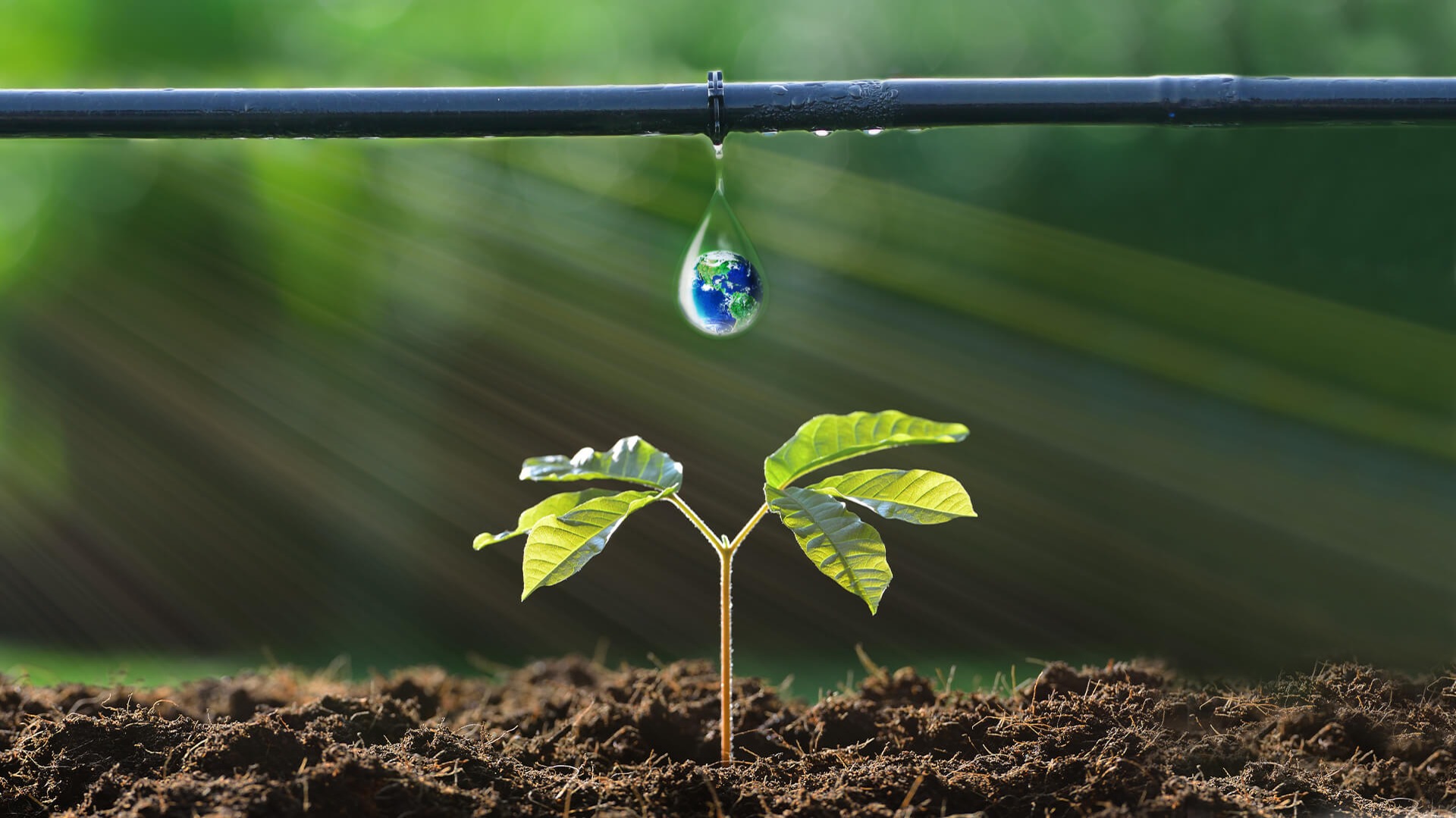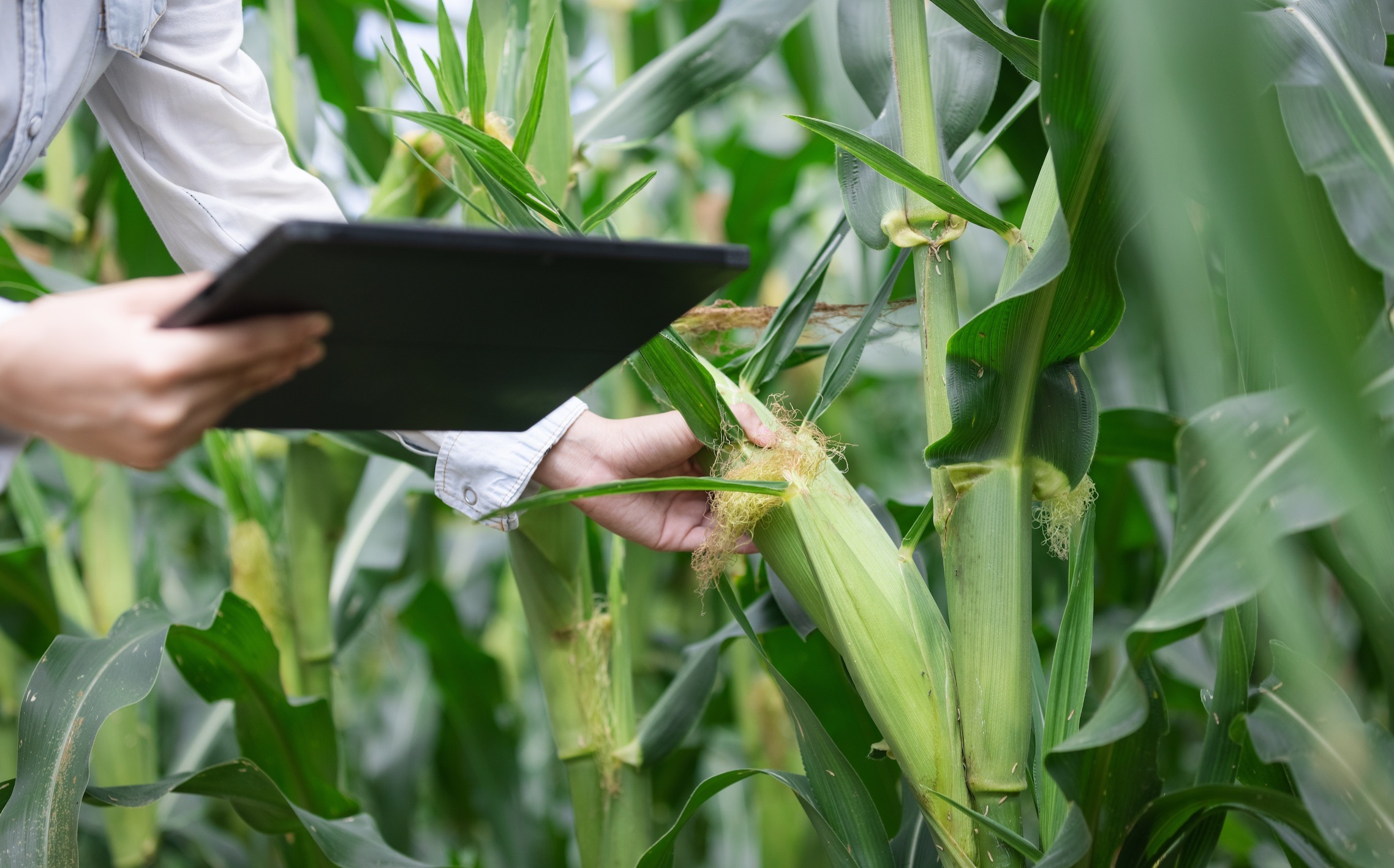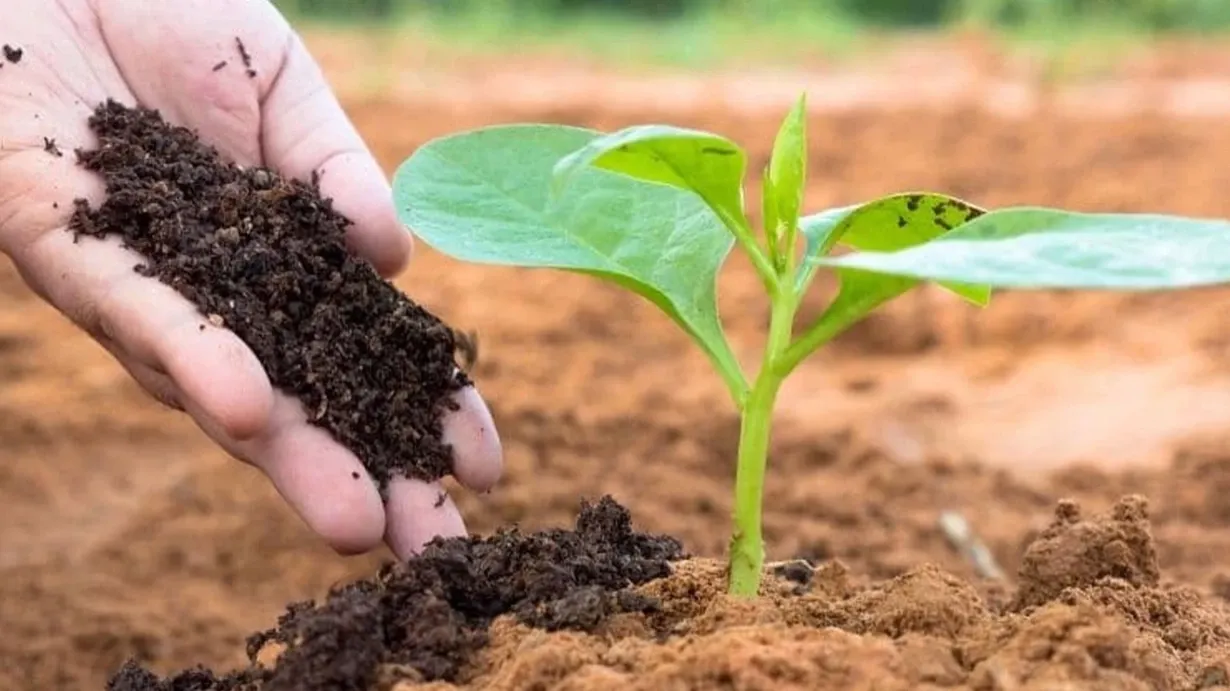We use cookie to improve your experience on our site. By using our site you consent cookies. Learn more
Agriculture is one of the sectors with the highest water consumption. With population growth and climate change, the pressure on water resources is increasing. Therefore, efficient and controlled use of water is critical. Drip irrigation systems are among the most effective solutions for sustainable agriculture.
What is Drip Irrigation?
Drip irrigation is a method that delivers water directly to the root zone of the plant at a low flow rate. This minimizes water waste by eliminating evaporation and surface runoff. It also saves energy and labor.
Advantages in Water Management
-
Water Saving: It saves 30-60% more water than traditional irrigation.
-
Increased Plant Productivity: Water and nutrients go directly to the roots, promoting healthier growth.
-
Soil Protection: Reduces erosion risk and preserves soil structure.
-
Lower Disease Risk: Since leaves remain dry, diseases such as fungi are minimized.
Its Role in Sustainable Agriculture
Drip irrigation protects water resources while providing economic benefits to farmers. Efficient water use reduces production costs and increases yields. It is a key method for supporting both environmental and economic sustainability.
A Smart Investment for the Future
With increasingly arid climates, drip irrigation has become indispensable for modern agriculture. When combined with smart irrigation technologies, it offers even more effective and cost-efficient solutions.




